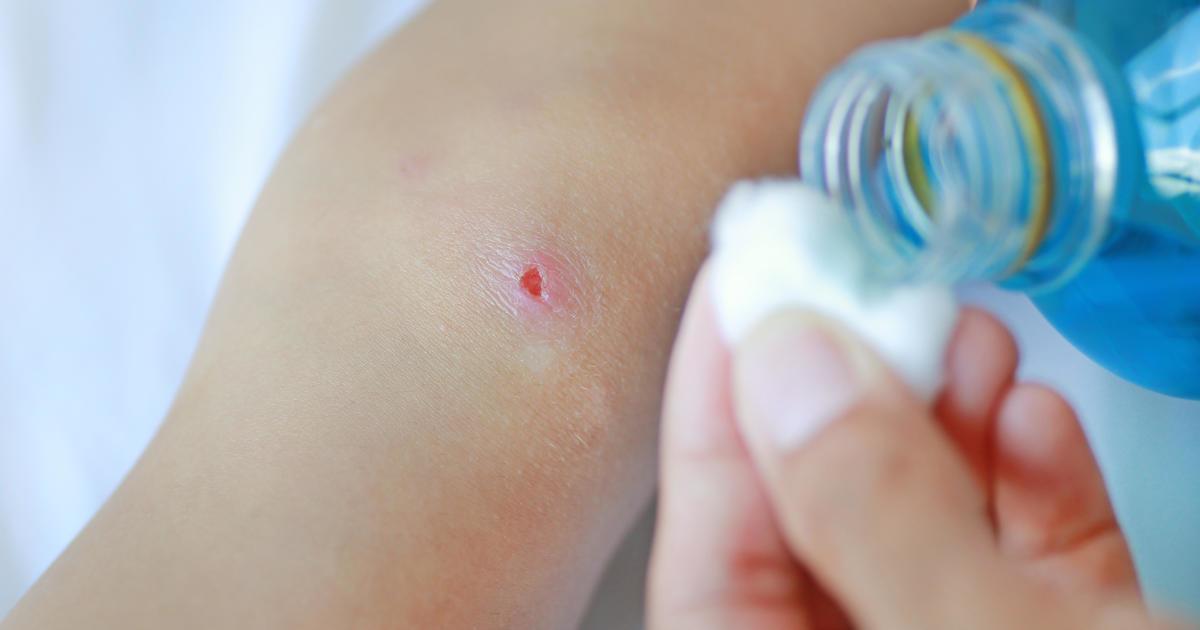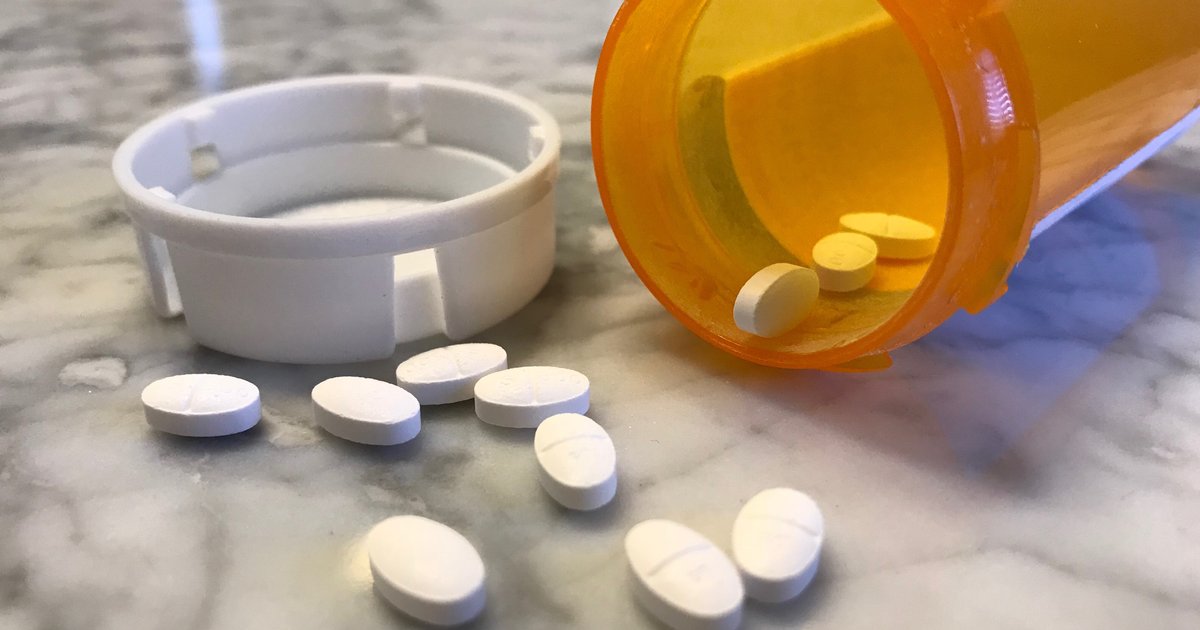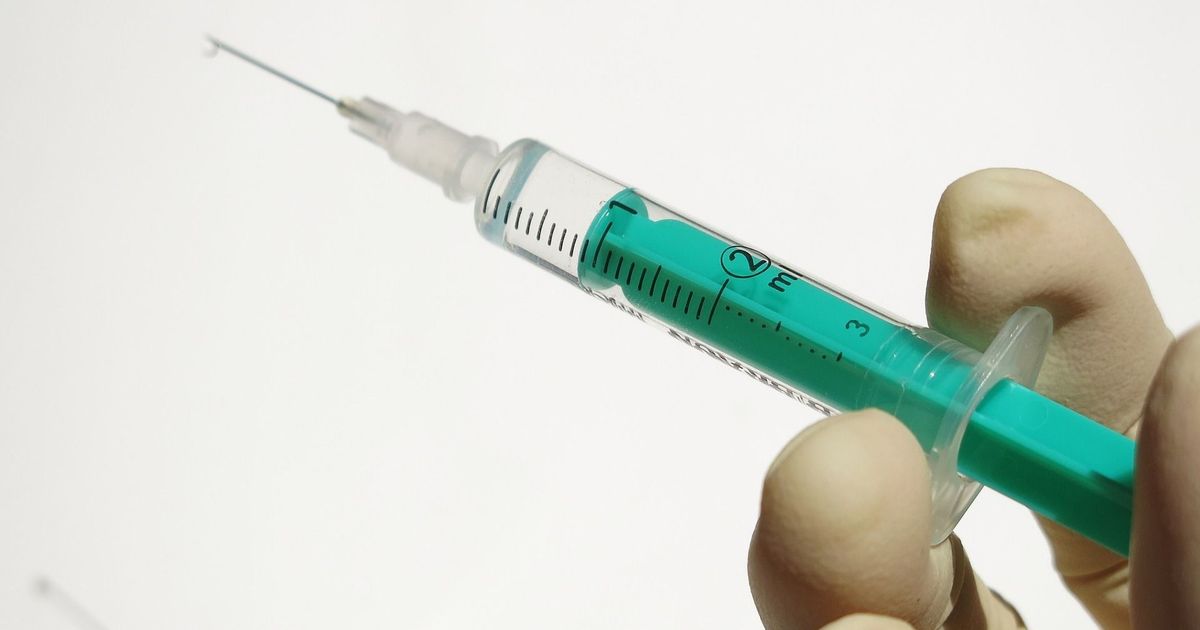How To Treat A Black Widow Bite
A black widow spider is a dangerous spider with a venomous bite. They are located in many areas of the country, but they don’t go looking to attack humans. In most instances, these spiders are perfectly fine living among humans without any interaction. However, there may come a time when an individual is faced with a black widow spider bite, and thus, they must know what to do to treat that bite. First, individuals must try and keep the spider. If they kill it after it bites, they should put its body into a bag or a container and take it to the doctor. Confirmation of the species is required to adequately diagnose and treat the bite, and it’s easier with the body of the spider present. Read about the methods of treating a black widow bite now.
Get Emergency Medical Care

There is never a time to not get emergency medical care right away when an individual suspects a black widow spider may have bitten them. This spider's filled with venom, and this bite can cause serious health consequences. The bite might appear red and slightly inflamed at first, though this not uncommon for any spider bite. However, a black widow spider bite causes serious pain almost right away. The pain can spread from the bite into the individual's back and abdomen, and they might begin to sweat profusely within an hour of being bitten. These are the most common signs of a black widow bite, and thus, it’s time to get emergency medical care. If the spider cannot be brought in, it's important for individuals to either have a witness or to bring a photo of the spider for identification purposes.
Keep reading for more information on how to treat a black widow bite.
Wash And Wrap The Bite

One of the most important things individuals should do when bitten by any spider is to wash the area of the bite. Patients can use a mild antibacterial soap and water to do this, just so long as they clean the area well before wrapping it with a bandage. Individuals should wash and wrap the bite before going to the doctor. Once their bite is washed and wrapped, individuals can apply a cold compress to help with the swelling and pain. They should also have someone else drive them to the doctor right away, as driving themselves is not a safe option. While in the passenger's seat, patients should try to elevate the bite. They can leave the cold compress on the bite until arriving at the doctor’s office, but they will need to remove it during the doctor's examination. Individuals must be sure to mention a black widow has bitten them to the nurse at the reception desk, and mention the measures taken up to that point to the doctor.
Get the details on the next option for treating a black widow bite.
Medication For Pain And Itching

The pain from a black widow bite is serious, but it might be more serious in children, seniors, and individuals who live with a compromised immune system. Furthermore, even after a patient has been to the doctor, they might experience pain for several days after the bite occurs. Medication for pain and itching is recommended for anyone who is bitten. The best over-the-counter medications are either ibuprofen or acetaminophen products. Both allow patients to experience some relief from the pain, and both are safe to take over the course of a few days. If the black widow bite continues to itch, patients may want to keep it wrapped. This helps stop individuals from scratching it and opening the wound. An open wound is prone to infection, and a black widow bite is not one anyone wants to infect.
Learn more about treating a black widow bite now.
Antivenom Medication

Antivenom medication is not a requirement for all black widow bites. There are those who mistakenly believe patients need the injection if they are going to live through the bite. These bites are not always fatal in adults, but they are especially dangerous in small children. Doctors will decide if the antivenom is the right treatment option for each patient, and it will be administered through a vein in the leg if it is the right option. It’s important to realize many individuals suffer allergic reactions to this treatment, and your doctor needs to be present to ensure the patient's life is not threatened. This antivenom stops the venom from the spider from causing further harm. Doctors will also need to discuss the patient's case with another medical professional who has experience working with this treatment, so it might not be administered right away. Recovery from this can take anywhere from one week to twelve days.
Learn about the next option for treating a black widow spider bite now.
IV Fluids And Oxygen In The Hospital

Not everyone who is bitten by a black widow goes to the hospital and has IV fluids and oxygen in the hospital. This is a treatment option reserved for the most serious cases. Some individuals do not respond as well to the venom, and they need to have IV fluids and oxygen administered. This might happen more commonly in small children and the elderly. It might also be more common for someone who waits too long to seek medical attention. If an individual is unsure of what kind of spider bit them, call the doctor. They might ask for a description of the spider. If an individual cannot describe it because they didn’t see it, the doctor might ask them to come in regardless. It’s better to have it checked out and ruled out as a venomous bite than to let it go untreated too long. It’s the bites left untreated that are more likely to require a hospital stay with IV fluids and oxygen.
